International-Org
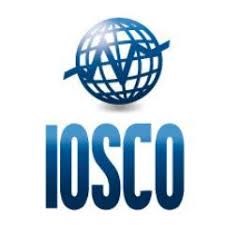
|
International Organization of Securities Commissions(IOSCO) |
IOSCO was established in 1983. Its membership regulates more than 95% of the world's securities markets in more than 115 jurisdictions; securities regulators in emerging markets account for 75% of its ordinary membership. The IOSCO Objectives and Principles of Securities Regulation have been endorsed by both the G20 and the FSB as the relevant standards in this area.
The Capital Markets Authority has worked on obtaining IOSCO membership in previous years, in May 16 2017 the CMA was accepted as an ordinary Member of IOSCO which reflects that the CMA has enforced the highest international standards in respect to market supervision and surveillance, the IOSCO membership will help attract international investors and promote international relations.
The Capital Markets authority joined two committees which are Africa / Middle-East Regional – AMERC and Growth and Emerging Markets Committee – GEMC
For further information please visit
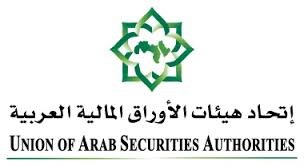
|
Union of Arab Securities Authorities(UASA) |
Established in 2007, the Union of Arab Securities Authorities "UASA" is a not-for profit Union for Securities Authorities with an independent legal personality. The Members of the Union are the Arab Securities Authorities and markets Regulators. United Arab Emirates shall be the headquarters of the Union. The UASA objectives are to upgrade the legislative and regulatory level of Arab securities markets with a view to achieving fairness, efficiency and transparency. Unify efforts towards achieving effective levels of oversight over transactions in the Arab securities markets and to ensure coordination and cooperation among members to achieve maximum harmony and consistency with regard to relevant laws and regulations applicable in the Member States are main goals of the UASA. The Union aims also to overcome difficulties facing investment in the Arab securities markets, and to expand the investment base, diversify its tools and promote the culture of investing in the Arab securities markets. Promoting the concepts of disclosure, transparency and governance in addition to the application of the best international standards and practices are also important objectives of the UASA. The Capital Markets authority is considered as a member of the union where it aims to promote exchange of information, exchange of technical expertise and to attend meetings and forums.
For further information, please visit :
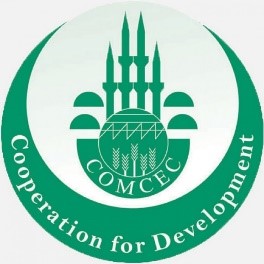
|
Cooperation for Development (COMCEC) |
The Standing Committee for Economic and Commercial Cooperation of the Organization of Islamic Cooperation (COMCEC) was established in 1981. COMCEC is the fourth committee among the Standing Committees of the Organization of Islamic Cooperation OIC, and is the main platform for multilateral economic and trade cooperation in the Islamic world.
COMCEC acts as the central forum through which the common development challenges facing the Islamic countries are addressed. COMCEC has 57 Member Countries and five observer Countries.
The Committee was established by the COMCEC Forum on Capital Markets Regulatory Authorities in 2011. The Forum aims to increase coordination and cooperation in relation to the regulatory and legal infrastructure, with a view of achieving greater coordination between the policies and regulations of Member Countries. The Kuwait Capital Market Authority is an active member of the COMCEC Forum and has chaired Market Development Task Force; as well as, Vice-Chaired the Financial Literacy Task Force at the Forum.
: For more information about the organization and the committee, please visit
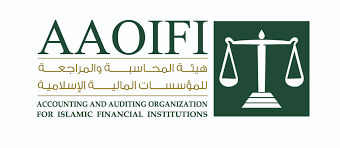
|
Accounting and Auditing Organization for Islamic Financial Institutions (AAOIFI) |
AAOIFI is one of the leading international not-profit organizations supporting Islamic financial institutions. Established in 1991 with its headquarters in the Kingdom of Bahrain, it has made significant professional achievements, most notably the issuance of 100 standards to date in the areas of accounting, auditing, work ethics, governance, and Sharia standards approved by central banks and financial authorities in a number of countries as mandatory or advisory. The Organization is supported by several member institutions, including central banks, regulatory authorities, financial institutions, accounting and auditing firms, and law firms from over 45 countries. The standards of the organization are currently applied by leading Islamic financial institutions worldwide, providing a high degree of harmonization of Islamic finance practices globally.
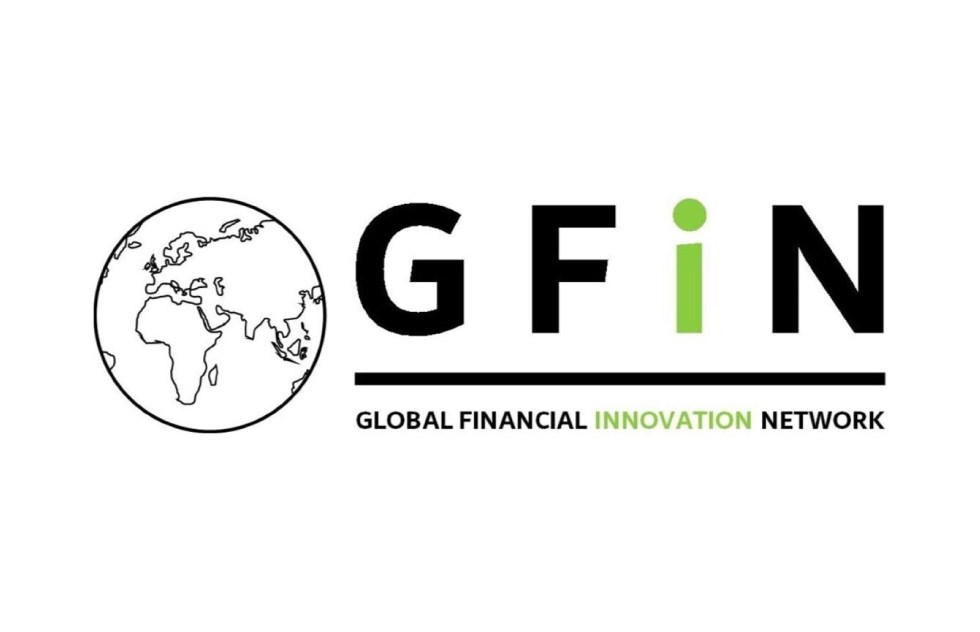
|
The Global Financial Innovation Network (GFIN) |
GFIN is the international network of financial regulators and related organizations committed to supporting financial innovation in the best interests of consumers. The Global Financial Innovation Network (GFIN) was formally launched in January 2019 by an international group of financial regulators and related organizations.
The GFIN is a network of over 70 organizations committed to supporting financial innovation in the interests of consumers. It seeks to provide a more efficient way for innovative firms to interact with regulators, helping them navigate between countries as they look to scale new ideas. This includes the ability to apply to join a pilot for firms wishing to test innovative products, services or business models across more than one jurisdiction. The GFIN also aims to create a new framework for co-operation between financial services regulators on innovation related topics, sharing different experiences and approaches.


